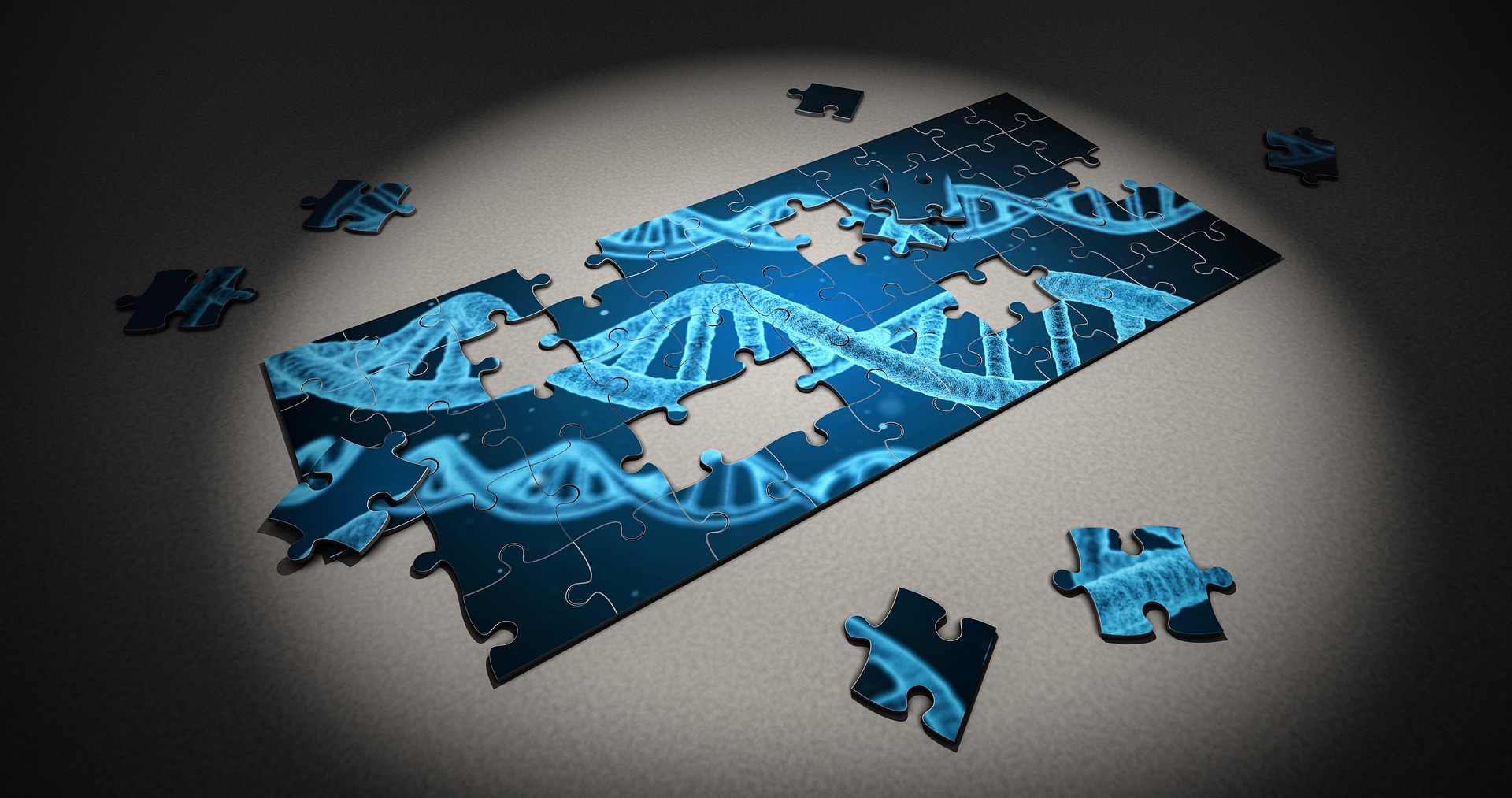News release
From:
Attachments
Note: Not all attachments are visible to the general public. Research URLs will go live after the embargo ends.

Research
Massachusetts Medical Society, Web page
Please link to the article in online versions of your report (the URL will go live after the embargo ends).
Journal/
conference: New England Journal of Medicine
conference: New England Journal of Medicine
Research:Paper
Organisation/s:
University of California, USA
Funder:
Supported by grants (U01 AI100801, 2P01 HL073104, and National Heart, Lung, and Blood Institute [NHLBI] Gene Therapy Resource Program Request for Service applications 1101 and 1129) from the National Institutes of Health (NIH), the National Human Genome Research Institute intramural program, the National Institute of Allergy and Infectious Diseases (NIAID) intramural program, the National Gene Vector Biorepository (NHLBI contract 75N92019D00018), grants (CLIN2-09339, CL1-00505, FA1-00613, and AC1-07675) from the California Institute for Regenerative Medicine, grants (MR/K015427/1 and G80248) from the Medical Research Council, a grant (AC1-07675) from the National Institute for Health Research Biomedical Research Centre at the Great Ormond Street Hospital for Children NHS Foundation Trust and University College London, and Orchard Therapeutics (Europe). Dr. Booth is supported by the Mahboubian family and Great Ormond Street Hospital Children’s Charity. Dr. Thrasher is a Wellcome Trust Principal Research Fellow (grant 217112/Z/19/Z).



 International
International


